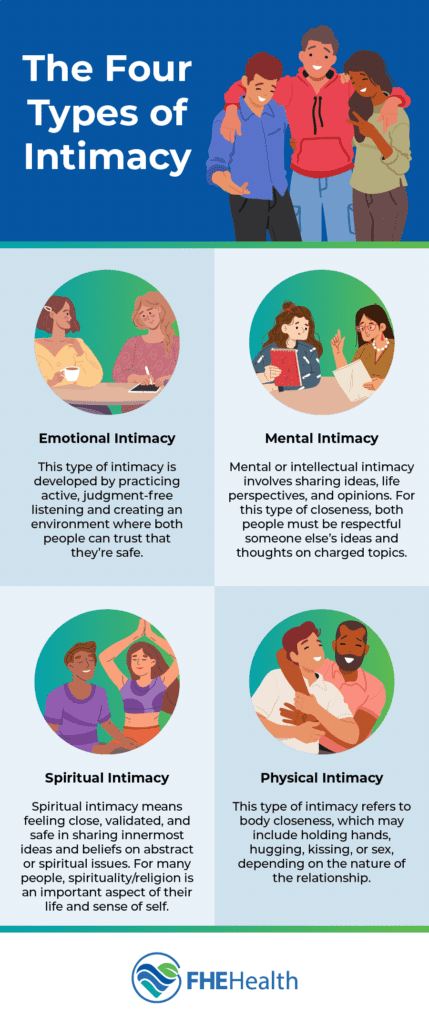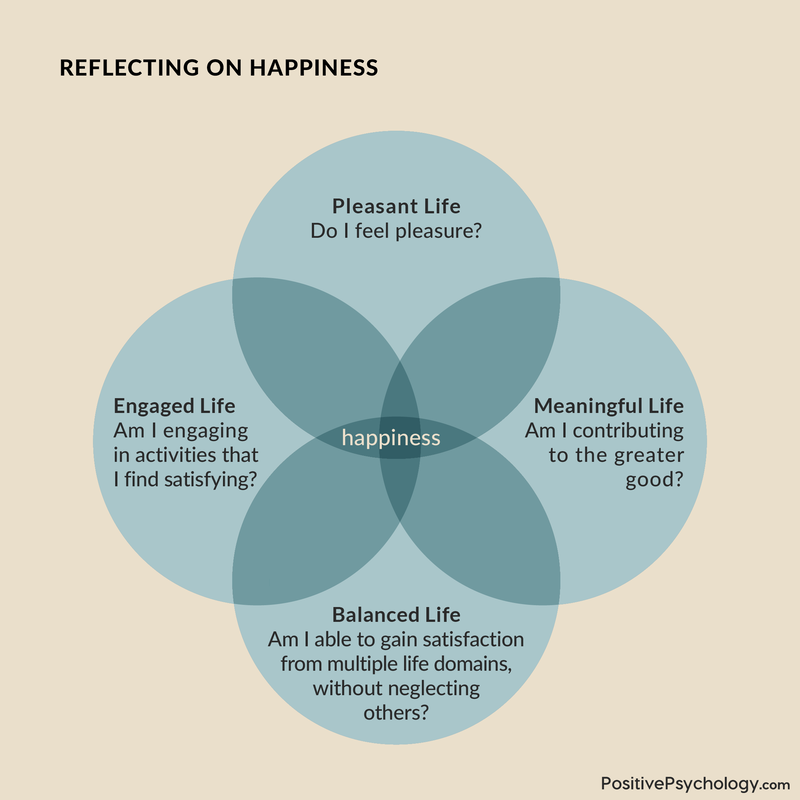How Relationships Affect Happiness and Health
1. The Impact of Healthy Relationships on Happiness
Healthy relationships play a crucial role in our overall happiness and well-being. When we have strong, supportive connections with others, we feel happier, more fulfilled, and less stressed. Research has shown that people in positive relationships tend to have higher levels of happiness and life satisfaction compared to those who are isolated or in toxic relationships.
One of the main reasons why healthy relationships contribute to happiness is the sense of belonging and connection they provide. When we feel loved and supported by those around us, we are more likely to experience positive emotions and a greater sense of purpose in life. Additionally, having someone to share our joys and sorrows with can help us navigate life’s challenges more effectively and cope with stress in a healthier way.

Furthermore, healthy relationships can also improve our self-esteem and confidence. When we receive positive feedback and validation from our partners, friends, or family members, we are more likely to feel good about ourselves and our abilities. This, in turn, can lead to increased self-worth and a more positive outlook on life.
In conclusion, nurturing and maintaining healthy relationships is essential for our overall happiness and well-being. By cultivating positive connections with others, we can experience greater levels of joy, fulfillment, and emotional resilience.
2. The Link Between Relationships and Physical Health

In addition to impacting our emotional well-being, relationships also have a significant influence on our physical health. Studies have shown that individuals with strong social connections tend to live longer, have lower rates of chronic diseases, and recover faster from illnesses compared to those who are socially isolated.
One of the ways in which relationships can impact our physical health is through stress reduction. When we have caring and supportive relationships, we are better able to cope with life’s challenges and manage stress effectively. This, in turn, can lower our risk of developing stress-related health conditions such as heart disease, hypertension, and depression.

Furthermore, having close relationships can also encourage us to adopt healthier lifestyle habits. For example, when we have a partner or friend who exercises regularly or eats a balanced diet, we are more likely to follow suit and prioritize our own health and well-being. Additionally, having someone to engage in physical activities with can make exercise more enjoyable and motivate us to stay active.
Overall, the link between relationships and physical health is clear. By fostering positive connections with others, we can not only improve our emotional well-being but also enhance our physical health and longevity.
3. The Role of Communication in Healthy Relationships

Communication is a fundamental aspect of healthy relationships and plays a crucial role in fostering trust, understanding, and intimacy between individuals. Effective communication involves listening actively, expressing thoughts and feelings openly, and resolving conflicts in a constructive manner.
When communication is lacking or ineffective in a relationship, it can lead to misunderstandings, resentment, and built-up tension. This can create barriers to intimacy and trust, ultimately contributing to feelings of dissatisfaction and unhappiness. On the other hand, when partners are able to communicate openly and honestly with each other, they are more likely to feel heard, understood, and supported.
Moreover, good communication in relationships can also help individuals navigate conflicts and disagreements in a healthy way. By expressing their needs and concerns clearly and respectfully, partners can work together to find mutually satisfying solutions and strengthen their bond. This can foster greater trust, respect, and emotional intimacy in the relationship.
In conclusion, effective communication is essential for maintaining healthy and fulfilling relationships. By practicing active listening, expressing thoughts and feelings openly, and resolving conflicts constructively, individuals can cultivate strong connections with others and experience greater levels of happiness and satisfaction.
4. The Importance of Boundaries in Relationships

Setting and maintaining boundaries is an important aspect of healthy relationships that can contribute to overall happiness and well-being. Boundaries define the limits of what is acceptable and unacceptable behavior in a relationship and help individuals feel safe, respected, and valued.
When boundaries are unclear or disregarded in a relationship, it can lead to feelings of resentment, frustration, and emotional distress. This can create a breeding ground for conflict, misunderstanding, and hurt feelings. On the other hand, when individuals are able to establish and communicate their boundaries effectively, they are more likely to feel secure, supported, and understood in the relationship.
Moreover, setting boundaries can also help individuals prioritize their own needs and well-being in a relationship. By clearly defining what they are comfortable with and what they are not, individuals can protect themselves from being taken advantage of or mistreated by others. This can foster a sense of empowerment, self-respect, and autonomy in the relationship.
In conclusion, establishing and maintaining boundaries is essential for healthy relationships. By setting clear and respectful boundaries, individuals can create a safe and supportive environment where they feel valued, respected, and understood.
5. The Impact of Social Support on Happiness and Health
Social support refers to the network of friends, family members, and peers who provide emotional, practical, and moral support to individuals in times of need. Having a strong social support system has been shown to have a positive impact on both happiness and health.
One of the ways in which social support can contribute to happiness is by providing a sense of belonging and connection. When we have people in our lives who care about us and are there for us during difficult times, we feel less alone, isolated, and misunderstood. This can increase feelings of happiness, well-being, and emotional resilience.
Moreover, social support can also help individuals cope with stress and adversity more effectively. When we have a supportive network of people to turn to for advice, encouragement, and comfort, we are better equipped to face life’s challenges and overcome obstacles. This can reduce feelings of anxiety, depression, and helplessness, ultimately leading to greater levels of happiness and well-being.
In terms of physical health, social support has been shown to have a protective effect on overall health and longevity. Individuals with strong social connections tend to have lower rates of chronic diseases, better immune function, and faster recovery from illnesses. This highlights the importance of nurturing and maintaining positive relationships in order to promote both happiness and health.
6. The Impact of Toxic Relationships on Happiness and Health
While healthy relationships can have a positive impact on happiness and health, toxic relationships can have the opposite effect. Toxic relationships are characterized by negative patterns of behavior, communication, and interaction that undermine individuals’ well-being and self-esteem.
One of the main ways in which toxic relationships can impact happiness is through emotional distress and unhappiness. When individuals are in relationships that are marked by criticism, manipulation, or abuse, they are more likely to experience feelings of low self-worth, anxiety, and depression. This can lead to a cycle of negativity and unhappiness that is difficult to break free from.
Furthermore, toxic relationships can also have a detrimental effect on physical health. Research has shown that individuals in toxic relationships are more likely to experience chronic stress, poor immune function, and higher rates of physical health problems such as heart disease and hypertension. This highlights the importance of recognizing and addressing toxic relationships in order to protect both emotional and physical well-being.
In conclusion, toxic relationships can have a significant impact on both happiness and health. By acknowledging and addressing negative patterns of behavior and communication in relationships, individuals can protect themselves from emotional distress, physical health problems, and overall unhappiness.
7. Strategies for Building Healthy Relationships
Building and maintaining healthy relationships takes effort, communication, and a willingness to prioritize the well-being of both individuals involved. There are several strategies that individuals can use to foster positive connections with others and enhance their overall happiness and health.
One of the key strategies for building healthy relationships is practicing active listening. This involves paying attention to what the other person is saying, validating their feelings, and responding with empathy and understanding. By listening actively, individuals can foster trust, respect, and emotional intimacy in their relationships.
Another important strategy is expressing thoughts and feelings openly and honestly. By communicating openly and honestly with others, individuals can create a safe space for sharing emotions, concerns, and needs. This can help prevent misunderstandings, conflicts, and resentment in the relationship.
Additionally, setting boundaries and respecting the boundaries of others is essential for building healthy relationships. By clearly defining what is acceptable and unacceptable behavior in the relationship, individuals can protect themselves from harm, promote mutual respect, and foster a sense of safety and security.
In conclusion, by practicing active listening, expressing thoughts and feelings openly, and setting boundaries in relationships, individuals can build and maintain healthy connections with others that contribute to greater levels of happiness and well-being.
8. Conclusion
In conclusion, relationships play a crucial role in shaping our happiness and health. Healthy relationships characterized by communication, trust, respect, and support can contribute to greater levels of emotional well-being, physical health, and overall life satisfaction. On the other hand, toxic relationships marked by negativity, conflict, and abuse can have a detrimental effect on both happiness and health.
By prioritizing the quality of our relationships, setting boundaries, and fostering social support, individuals can create a positive environment that promotes happiness, well-being, and longevity. Building and maintaining healthy relationships takes effort, communication, and a willingness to invest in the well-being of both individuals involved. By practicing effective communication, setting boundaries, and surrounding ourselves with supportive and caring individuals, we can enhance our happiness and health in meaningful ways.
FAQs
1. How do healthy relationships impact happiness and health?
Healthy relationships provide emotional support, reduce stress, and increase feelings of belonging and connection, all of which contribute to greater levels of happiness and well-being. In terms of physical health, positive relationships have been shown to lower rates of chronic diseases, improve immune function, and promote faster recovery from illnesses.
2. What are some signs of a toxic relationship?
Signs of a toxic